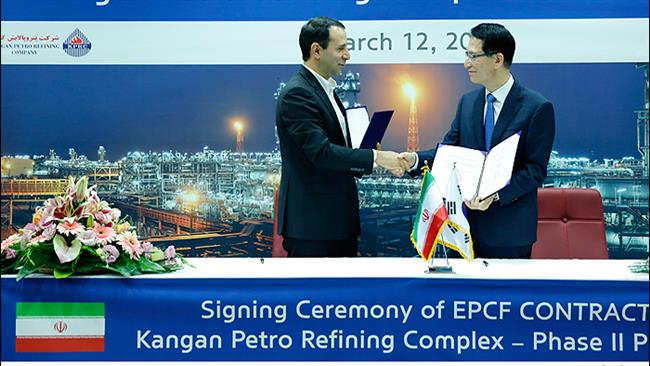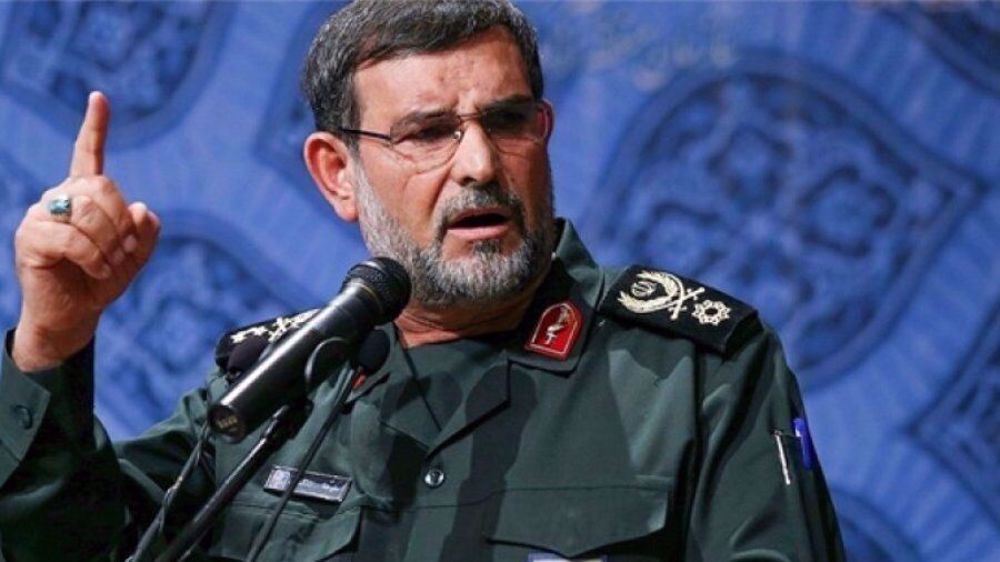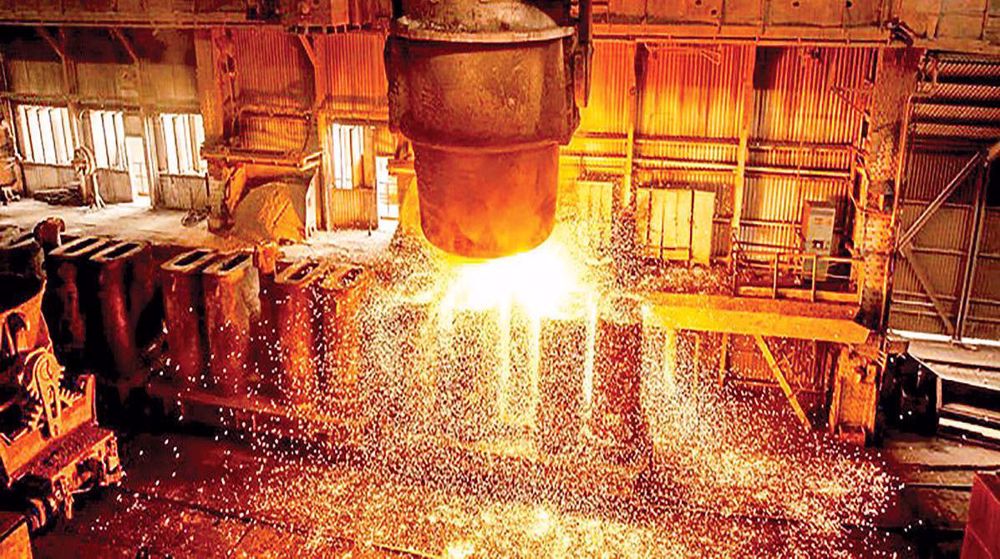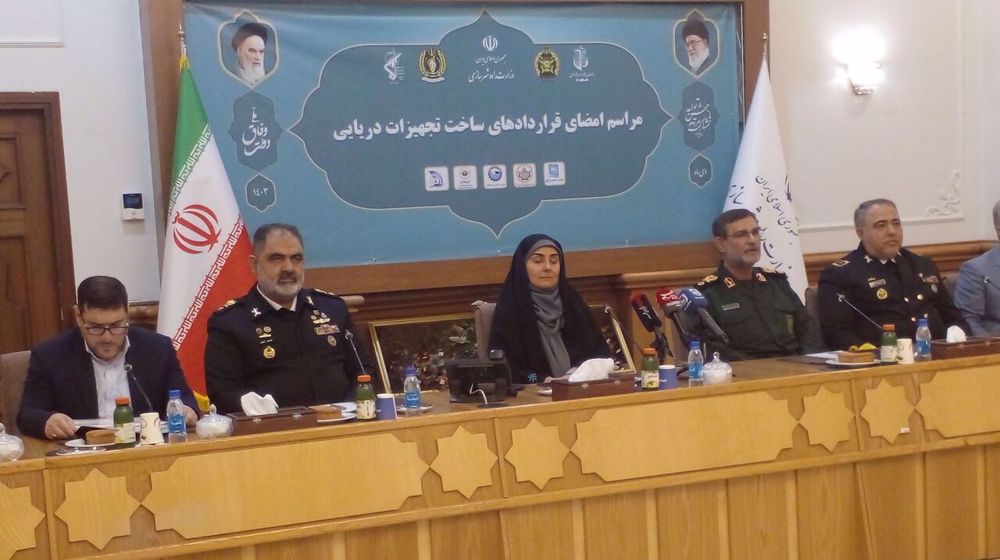Hyundai wins major gas processing deal in Iran
South Korea’s industrial giant Hyundai has won a contract worth €3 billion to develop a key gas processing unit which is primarily planned to produce natural gas liquids (NGL) from natural gas in southern Iran.
The contract – which Hyundai signed with Iran’s Ahdaf Investment Company – involves the development of Phase Two of Kangan natural gas processing plant in the country’s southern energy zone of Assalouyeh.
The plant would be constructed at Phase 12 of South Pars gas field which is described as the country’s biggest gas project.
A key section of the contract with Hyundai involves the development of a major ethylene cracking unit which would produce what is technically known as natural gasoline from natural gas, Iran’s Shana news agency reported.
Natural gasoline – or pentane plus (C5+) – is primarily used by refineries in gasoline blending, but has a lower economic value than gasoline due to its lower octane value and somewhat higher vapor pressure.
Other products that would be produced at Kangan project would include olefin, propane, ethane and ethylene.

The contract marks one of the biggest investments since a nuclear accord with world powers lifted global sanctions on Iran, AFP reported.
The South Korean firm will have nine months to secure financing for the project.
Securing the financing through Korean banks will be "the most important and most difficult step," Iran’s Shana news agency quoted Asghar Arefi, head of Ahdaf Investment Company, as saying.
"The start and execution of this project relies on 95 percent of the project's financing coming from Korean banks (with) full support from the Hyundai Engineering Company in securing those funds," Arefi told Shana in a report that was also carried by AFP.
A Hyundai Engineering spokesman told AFP that 85 percent of the funding would come from Korean lenders, including Export-Import Bank of Korea and the Korea Trade Insurance Corporation.
The second phase of the deal, involving the construction of four production plants at the Kangan site, is expected to take four years.
Iran FM in China for 'more consultations' amid 'sensitive' circumstances
VIDEO | Israel, worried about ...
VIDEO | Press TV's news headlines
Settler fatally stabbed; five Israeli soldiers killed, injured in Jabalia
Rampant poverty in Israel and implications
UN chief: Israel strikes on Sana'a airport, power plants 'alarming'
Yemenis rally in massive numbers for Gazans after Israeli strikes
Iran FM: China visit will mark 'golden' era in strategic ties










 This makes it easy to access the Press TV website
This makes it easy to access the Press TV website